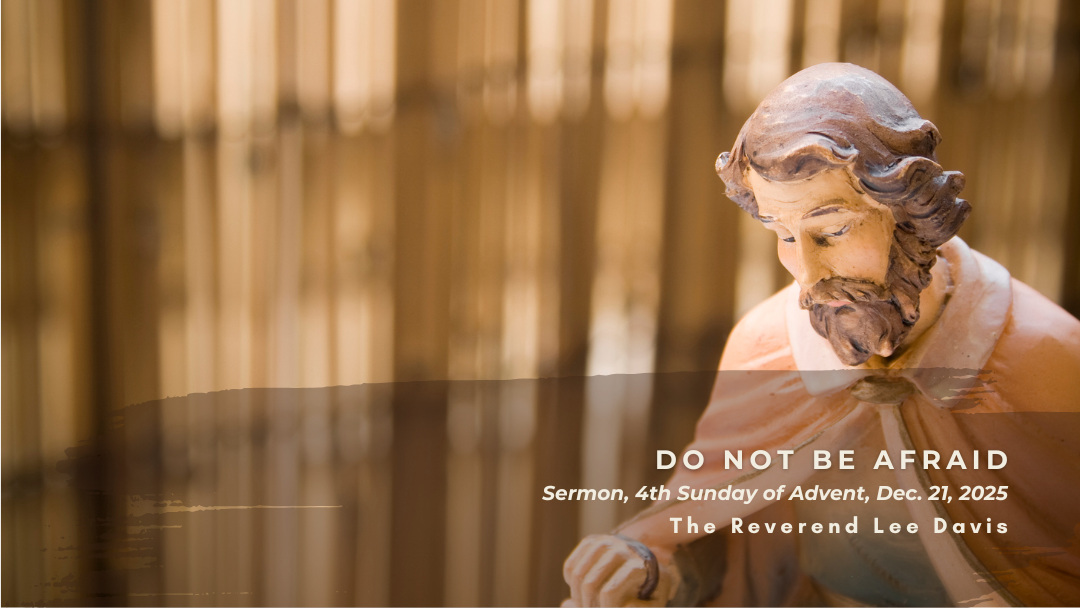The Unusual Woman in Acts
Just who is Lydia?
When we picture the early church, we often imagine bold apostles preaching in public squares, churches forming around charismatic men like Peter and Paul, and great crowds moved by dramatic miracles.
But sometimes, the story takes an unexpected turn.
One of the most important—and surprising—figures in the early church is a woman named Lydia, whose story appears briefly in Acts 16:9–15. Her name is easy to overlook, tucked into a few verses about Paul’s missionary journey. But Lydia is deeply unusual. Here is why she stands out:
A Woman as the First European Convert
Lydia is the first recorded convert to Christianity in Europe. Paul had a vision calling him to Macedonia (v. 9), and when he arrived in Philippi, it was Lydia—a woman—who responded first to the message. This is significant in a deeply patriarchal society where men typically held religious and social authority.
A Businesswoman with Her Own Household
Lydia is described as a “dealer in purple cloth,” which was a luxury item associated with wealth and status (v. 14). She likely had considerable financial means, independence, and influence. She also appears to be the head of her household, which was highly unusual in the Greco-Roman world.
A God-Worshiper Outside the Synagogue
Lydia is described as a “worshiper of God,” a term typically used for Gentiles who were sympathetic to or interested in Judaism but had not converted fully. Yet Paul and his companions don't find her in a synagogue, but rather at a prayer gathering by the river (v. 13). This may suggest there was no synagogue in Philippi, likely because there weren’t even ten Jewish men to form one. That this group was made up of women gathered for prayer is highly notable—it shows a deeply spiritual and perhaps even subversive faith community outside the male-dominated structures.
Hospitality and Leadership
After her baptism, Lydia immediately offers hospitality to Paul and his companions (v. 15), and insists that they stay at her house. Her language (“If you have judged me to be faithful...”) shows boldness and initiative, and her home likely becomes the first house church in Philippi—effectively making her a leader in the early Christian movement there.
Lydia’s story is unusual because she defies expectations:
- A wealthy, independent woman
- A Gentile seeker of God
- The first European convert
- The host and likely patron of the Philippian church
In a passage that begins with Paul receiving a vision of a man from Macedonia asking for help, it is actually a woman—Lydia—who responds, showing that God's work often begins in surprising and boundary-breaking ways.













